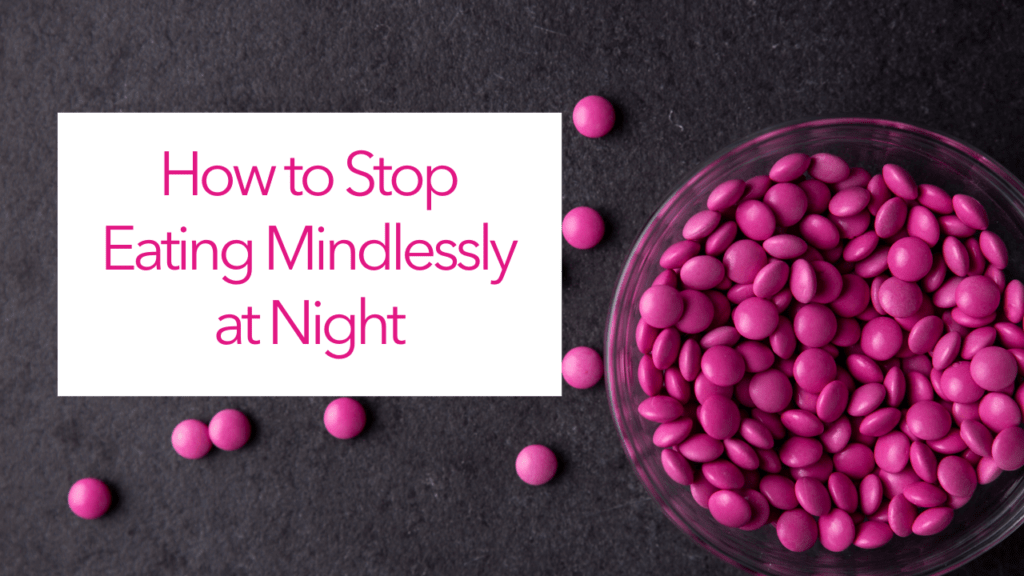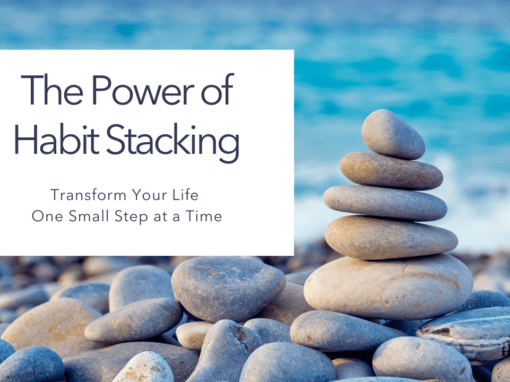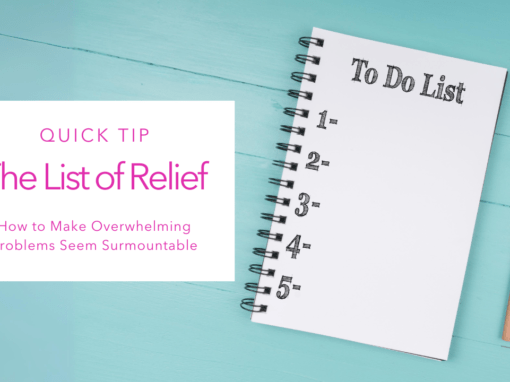
I’ve been munching on bags of M&Ms recently.
Every night after dinner, I open a bag of those colorful chocolate covered peanuts and I mindlessly put them in my mouth.
I am not hungry, I’ve had my dinner, but still, I can’t stop eating them until the bag is empty and I feel bloated and out of balance, knowing that my body and mind did not need or want to eat all of what I had just consumed.
Can you relate?
This habitual journey to a bag of M&Ms, the fridge or pantry can disrupt our sleep patterns, contribute to weight gain, and impact our overall health. But what if we could redirect these impulses into positive actions that nourish both body and soul? In this post we’re going to explore alternatives to random eating at night, offering insights and strategies to transform your nights into a time of peace and rejuvenation.
Understanding the Urge to Eat at Night
Before we can effectively address nighttime eating, it’s important to understand its roots. While the immediate answer might seem like hunger, the reality is often more nuanced, involving a mix of psychological, emotional, and physical factors.
1. Psychological Comfort
For many of us, food serves as a source of comfort or stress relief after a long day. We deserve this entire box of ice-cream, don’t we? Well, yes, we do, AND do we really want it? Research indicates that high-calorie or sugary foods can temporarily boost our mood by increasing serotonin levels, which can often lead to a cycle of random eating at night.
2. Disrupted Eating Patterns
Irregular meal schedules or restrictive dieting during the day can lead to excessive hunger at night. D’uh, right?! 😉 All this “saving your calories for dinner” or “I am starting a new diet today” can easily make us eat more when we wind down at night as our body plays catch-up for missed calories.
3. Boredom
Evenings often bring a decrease in activity and engagement, leading to boredom. And how can we fill our time, distract ourselves or even entertain ourselves? By eating, of course.
4. Habit and Routine
Nighttime snacking can be a deeply ingrained habit, cultivated over years of routine. This is what’s been happening for me and my M&Ms… Routine feels good, safe and comforting and when we stack food on top of other evening activities (like watching TV), it’s easy to form a mindless, but powerful habit.
5. Biological Cues
Some research suggests that our circadian rhythms may influence cravings, with a natural inclination toward high-calorie foods in the evening as the body prepares for an overnight fast. This is linked to our evolutionary history, where maximizing energy intake before sleep could have been advantageous. Additionally, hormonal fluctuations that occur in the evening can also play a role. These fluctuations potentially increase appetite and our preference for energy-dense foods as part of our body’s natural preparation for rest and repair during sleep.
So now that we have a better understanding of why we tend to eat mindlessly at night, let’s explore some alternative ways to spend our evenings and satisfy our needs.
Alternatives to Eating Mindlessly at Night
1. Hydration with a Twist
Next time you find yourself meandering towards the kitchen just to see what you could (potentially maybe just in case) eat, consider whether something to drink might do the trick. Spice up your hydration by adding slices of lemon, cucumber, ginger, or even a splash of aloe vera juice to your water. Not only does it keep you hydrated, but it also provides a sensory change that can satisfy the craving for something new.
2. Mindful Meditation and Gentle Yoga
Replacing the habit of eating with meditation or yoga can help both with the physical and emotional triggers. Practicing mindfulness through meditation can help manage the stress or boredom that often leads to nighttime snacking. Gentle yoga poses relax your body, making it easier to fall asleep without the need for a food-induced drowsy state.
3. Discover or Revisit a Hobby
Engaging in a hobby can be incredibly fulfilling and serve as a powerful way to beat boredom at night. Whether it’s crafting, writing, playing music, or even starting a blog, hobbies provide a productive outlet for the energy and emotions that might otherwise lead you to the fridge.
4. Structured Eating and Planned Snacks
Now, I am not a fan of strict plans, but I am a huge cheerleader for anything that provides structure. Within structure, there is so much flexibility for creativity and fun. Especially if you have a history of disordered and restrictive eating, having a structure around your meals and snacks can drastically reduce nighttime food cravings. Eating balanced and filling meals throughout the day helps prevent excessive hunger later on.
5. Embrace the Night with a Walk
I love, love, looooove going for a walk in the evening. It’s one of my favorite “mommy-son-activities” that is so gentle but oh so powerful. It’s a way to talk, wind down, breathe in some fresh air and reflect on the day. The change of scenery can also help curb the craving for a late-night snack.
6. Dive into a Book or Podcast
Losing yourself in a good book or an engaging podcast can be just the distraction needed to break the cycle of mindless eating. Choose topics that captivate you to ensure your mind is too engaged to wander back to thoughts of snacking.
7. Journaling for Reflection and Planning
Journaling offers a unique way to process your emotions and reflect on your eating habits. By writing down your thoughts, you not only uncover the feelings driving you to random snacking but also create a space for setting goals and planning future actions.
8. Tidy Up for Tomorrow
Sometimes, the urge to snack is a procrastination tactic. By choosing to organize your space or prepare for the next day, you redirect your focus and energy into productive tasks that leave you feeling prepared and satisfied, reducing the temptation to eat out of boredom or avoidance.
9. Craft a Soothing Bedtime Routine
A consistent bedtime routine signals to your body that it’s time to wind down. Incorporating activities like a warm bath, light reading, or skincare can create a sense of ritual that replaces the habit of nighttime eating.













